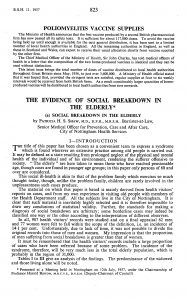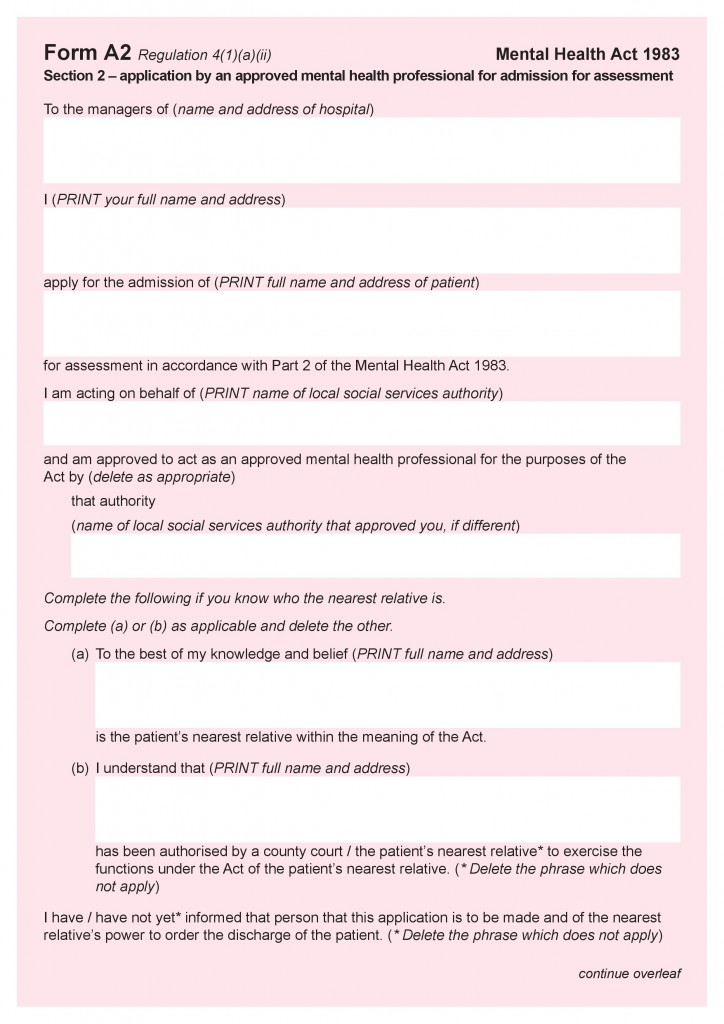 Stephen Martineau (KCL) reports from the latest webinar in the Homelessness series, part of the Homelessness Research Programme at the NIHR Policy Research Unit in Health and Social Care Workforce, King’s College London. (855 words)
Stephen Martineau (KCL) reports from the latest webinar in the Homelessness series, part of the Homelessness Research Programme at the NIHR Policy Research Unit in Health and Social Care Workforce, King’s College London. (855 words)
Over 220 people attended yesterday’s webinar in which Jess Harris presented early emerging findings from the NIHR HSDR-funded study, Use of the Mental Capacity Act 2005 (MCA) with people experiencing multiple exclusion homelessness in England. The findings were drawn from a set of scoping interviews with a range of senior professionals working with this population. The presentation focused on the professionals’ views of the challenges around use of the MCA in this space. These interviews have already informed the development of our national survey of health, social care and homelessness practitioners which is the next stage of the study, and which is currently live (and takes about 10 minutes). We plan to report on our analysis of findings from this survey later in 2024 at another webinar in the Homelessness series.
- Please sign up if you would like to hear about future events in this series, or get in touch if you would like to present research: jess.harris@kcl.ac.uk
- Presentation slides from the webinar
- Please take part in the survey
The presentation provoked thoughts from attendees about various aspects of this topic, together with suggestions of some useful resources. We have collated some of these below. Among a lot of valuable contributions, two stood out as particularly interesting. One was about the ‘diagnostic test’. This has come up in practitioner interviews – specifically the question of how practitioners are approaching this element of the capacity assessment with people where substance use may feature in combination with (and possibly masking) mental illness. The other was the suggestion that the MCA is a poor fit when it comes to compulsive behaviours. It will be interesting to explore this further during the fieldwork part of this study (starting in autumn 2024) in light of London Borough of Tower Hamlets v PB [2020] EWCOP 34 (see Kane et al. (2023) Shades of grey: choice, control and capacity in alcohol-related brain damage).
General issues raised at the webinar by attendees
- Problem of exclusion of rough sleepers from needs assessments under the Care Act 2014.
- Dual diagnosis is a particular challenge because of the lack of services in many areas.
- Lack of suitability of interventions available to social care – a commissioning issue, but also a systemic issue, across Health, Social Care, Housing.
- It was suggested that early release schemes from prison are going to be a big issue for this population.
Using the MCA
- It was suggested that the MCA is a poor fit for complexity within the MEH population, particularly around compulsive behaviours.
- Executive function: importance of longitudinal capacity assessments was stressed by some. Also, Occupational Therapist and Speech and Language Therapist involvement in assessments.
- On the ‘diagnostic test’ and this population. There was debate in the chat as to whether the Court of Protection requires a formal diagnosis. North Bristol was cited in support of the argument that a formal diagnosis is not required. (North Bristol NHS Trust v R [2023] EWCOP 5).
- Importance of recognizing the knowledge and potential input (to capacity assessments etc.) of non-statutory practitioners. Support workers’ and outreach workers’ knowledge of the person may be overlooked. A clinical psychologist in a third sector organisation made a similar point, speaking of a power imbalance.
- There was mention in the chat of detox being provided under Deprivation of Liberty Safeguards, in at least one site in England, if there is a plan for Alcohol Related Brain Injury rehab.
- It was suggested self-discharge from hospital and mental capacity is a key concern.



